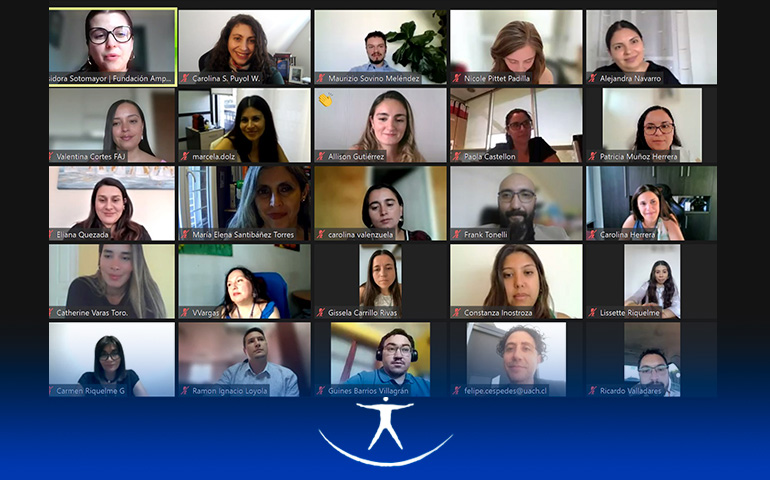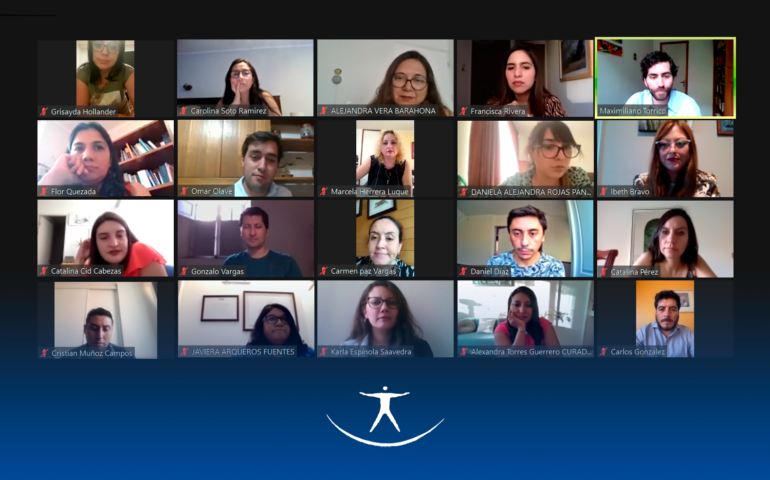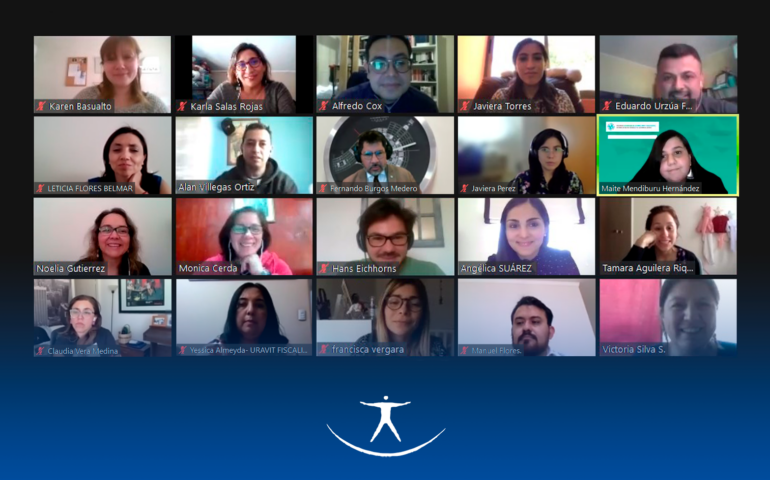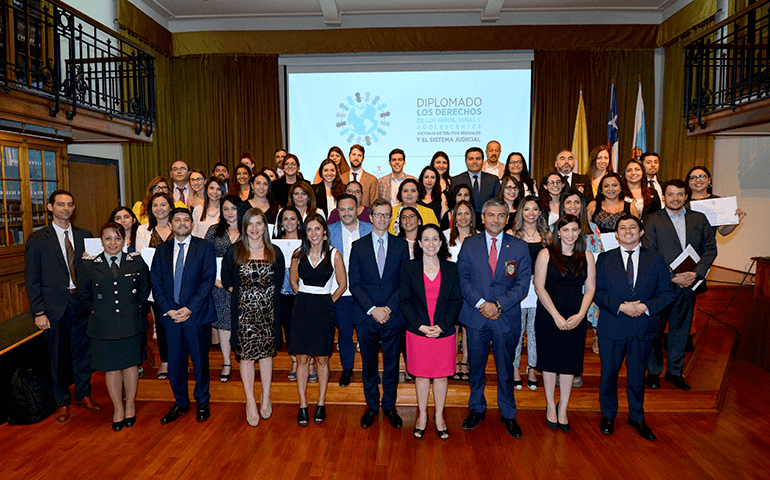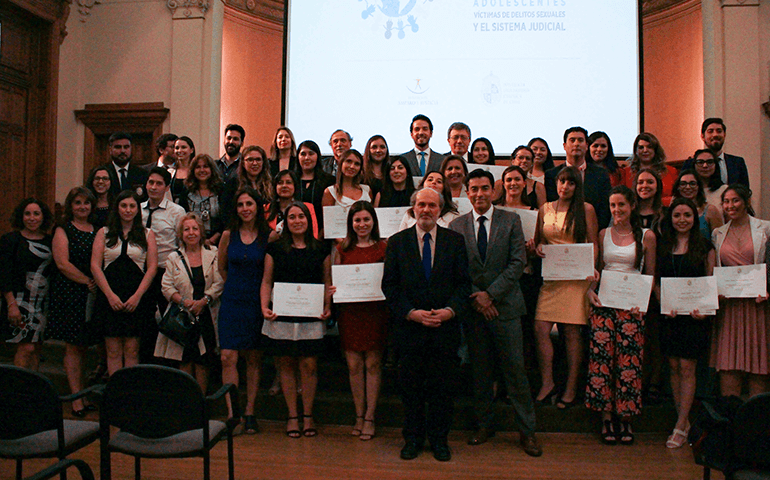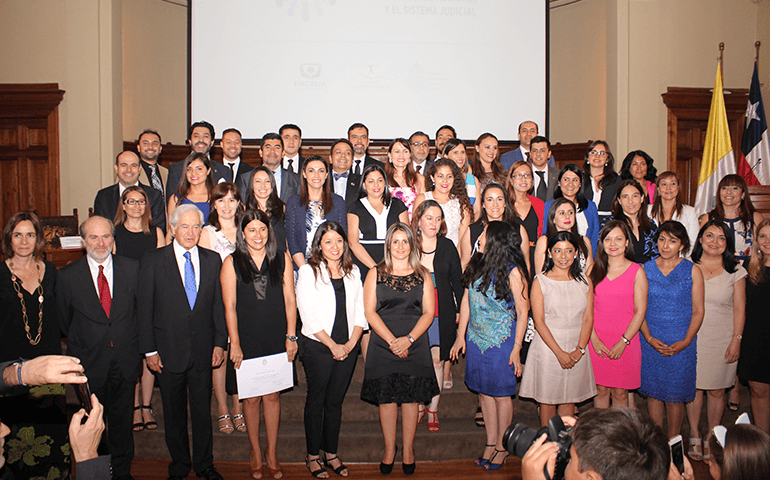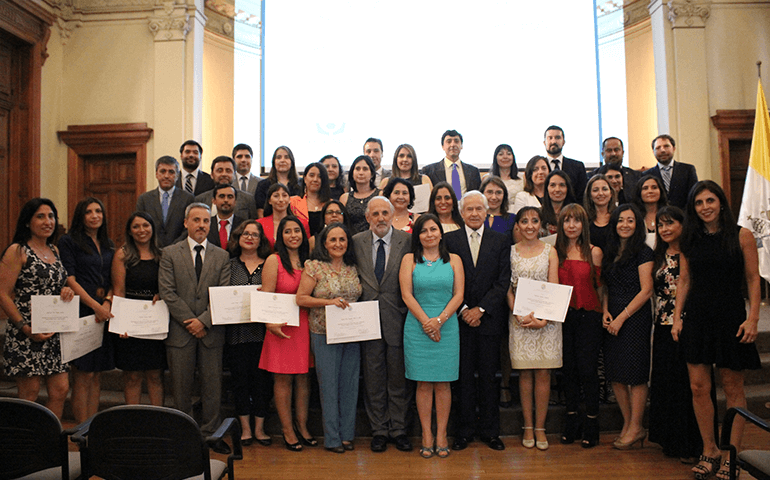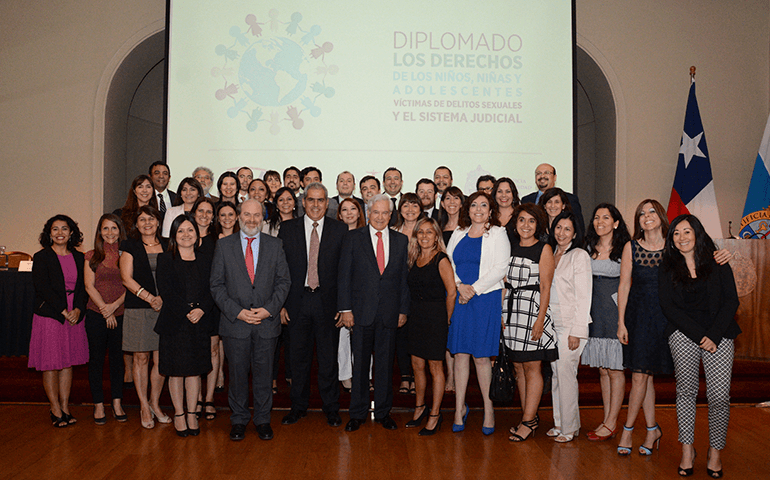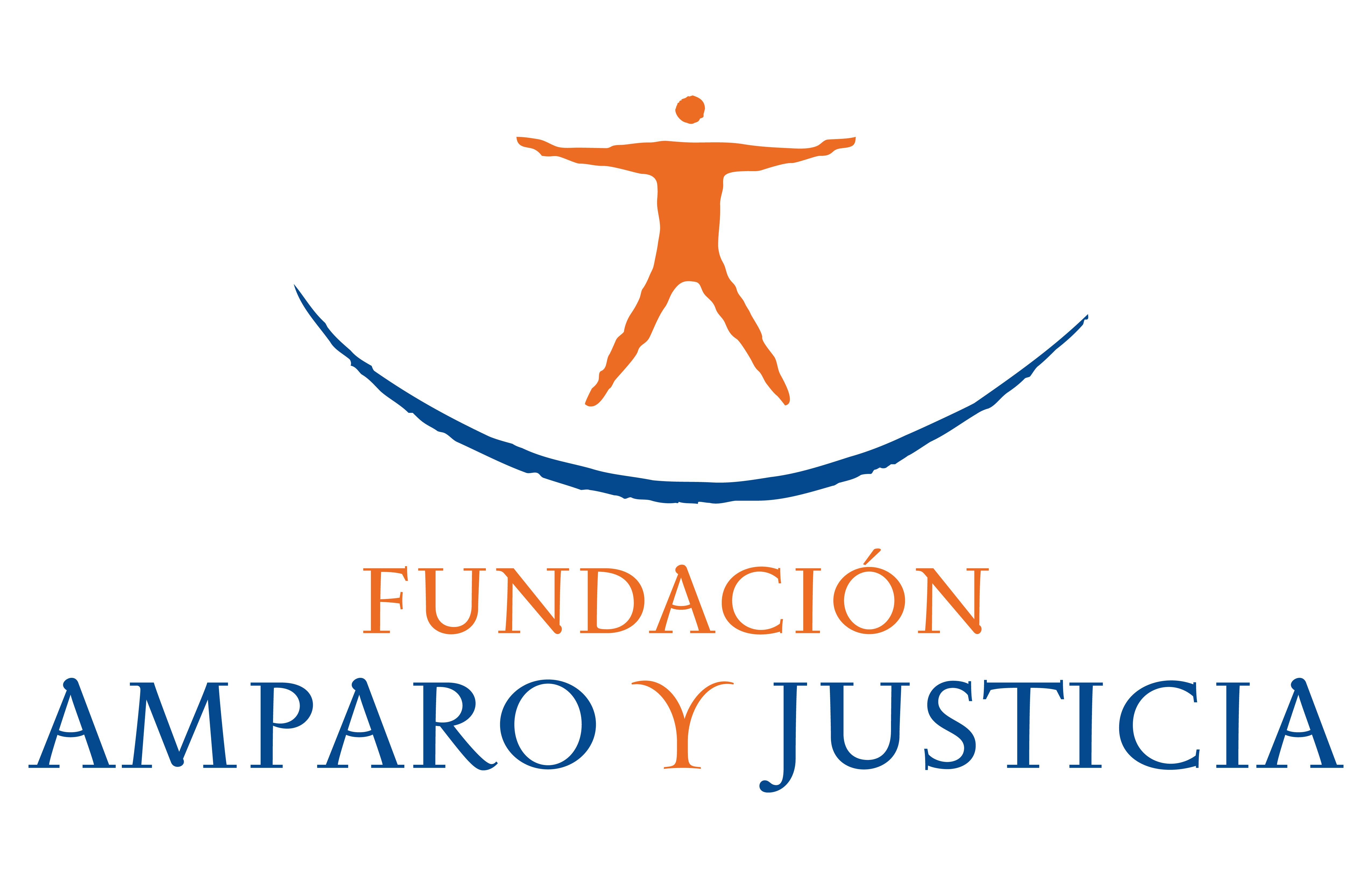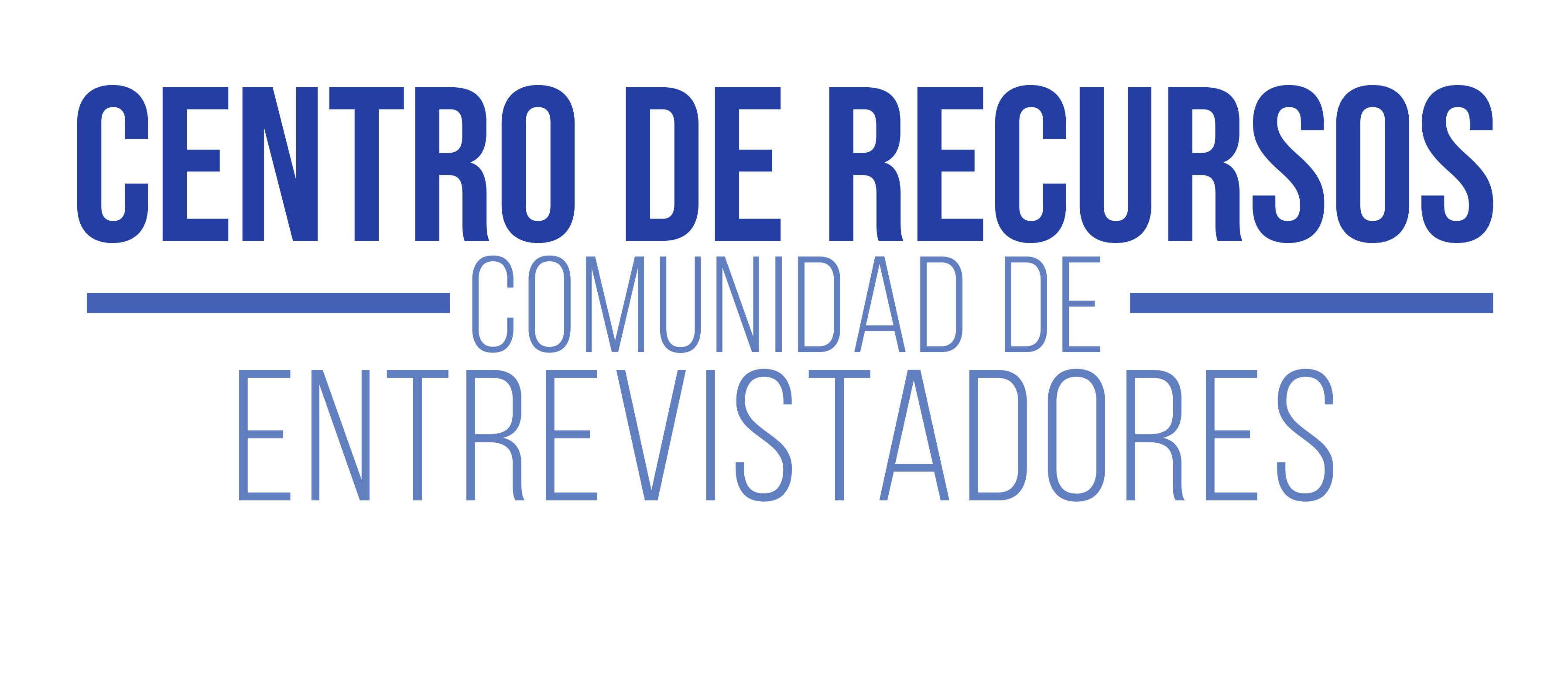
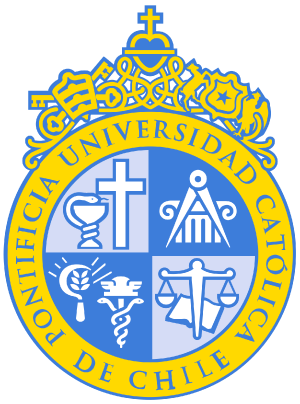
The Professional Certificate Program “The rights of child and teen victims of sex crimes and the legal system,” offered by the Pontificia Universidad Católica de Chile, aims to contribute to professionals and officials from the justice system specializing in and staying current on the investigation and prosecution of sex crime cases against children and teens.
The purpose of this is to promote exercising and full respect of their rights and to prevent secondary victimization within the context of national legal system and international law.
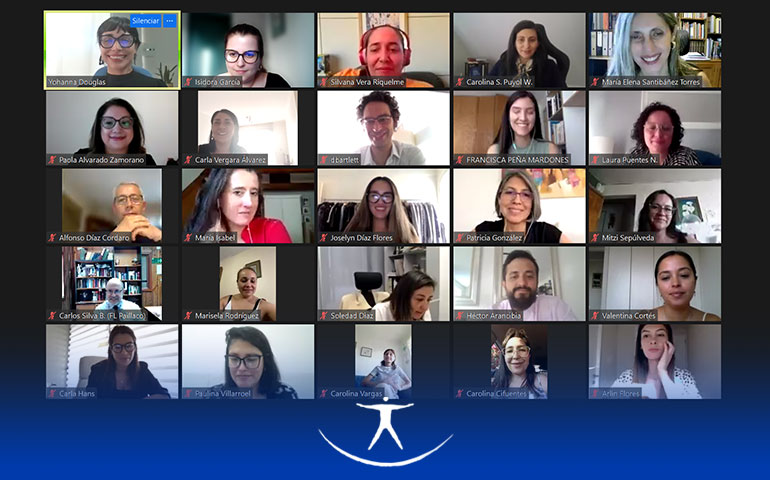
Would you like to apply for the professional certificate program?
The academic program carries out a selection process of participants based on the information requested. Applicants will only be considered if they send all required information before the deadline.
La selección de alumnos es en base a los cupos disponibles, con el fin de mantener la interdisciplinariedad e institucionalidad que caracteriza al Diplomado.
Why should I do the academic program?
1. The program provides new knowledge on good practices and regarding the rights of children and teens who are victims of sex crimes as they navigate the legal system, as well as the regulatory changes on this matter, such as Law 21.057.
2. The program has a special emphasis on the investigation and collection of evidence, such as videotaped investigative interviewing, which has an impact on the prosecution of child sex crimes that require a victimological view of the phenomenon.
3. It has reports from leading international and national experts, at the forefront of their field and with current view on the rights of children and teens.
4. Its online format makes it possible for professionals throughout Chile to participate in this program.
Contents
Rights of children and teens: progress and challenges
• Estándares internacionales de los derechos de los NNA.
• Challenges in coordinating the protection of children and teens in the legal system.
• The rights of victims in the post-penitentiary system.
• Victimological approach to the phenomenon of sex crimes against children and teens.
Sex crimes against children and teens: primary and secondary victimization
• Phenomenology of sexual violence.
• Violence and trauma: incidence in the disclosure of sex crimes against children and teens.
• Secondary victimization and vicarious trauma: the importance of mental health in actors of the legal system.
• Introduction to the Criminal and Prosecution System.
• Sex Crimes and sexual exploitation: case typification and analysis.
Regulatory and technical elements of videorecorded investigative interviewing
• Criminal procedural law: procedural changes under Law 21.057.
• Developmental considerations of children and teens.
• Videotaped Investigative Interviewing: fundamentals and evidence of the technique.
• Intermediation in legal deposition: international and national experience.
• Law 21.057: legal change and incorporation of the techniques of Videotaped Investigative Interviewing and Legal Deposition.
Evaluation of evidence in sex crimes
• Expert evidence.
• Good practices in forensic medical evaluation.
• New challenges for forensic psychological evaluation.
• Evaluation of evidence in sex crimes.
• Argumentation tools for sex crimes affecting children and teens.
Management
Team

Attorney

Attorney

Psychologist

Psychologist
National
Teachers

Attorney

Attorney

Psychologist

Psychologist

Attorney

Attorney

Attorney

Psychologist

Psychologist

Psychologist

Attorney

Attorney

Attorney

Attorney

Attorney

Attorney

Psychologist

Psychologist

Psychologist

Psychologist

Psychologist

Psychologist

Psychologist

Psychologist
National
Teachers

United States

United States

Spain

Australia

Ireland

Ireland

Spain

Spain
Students
